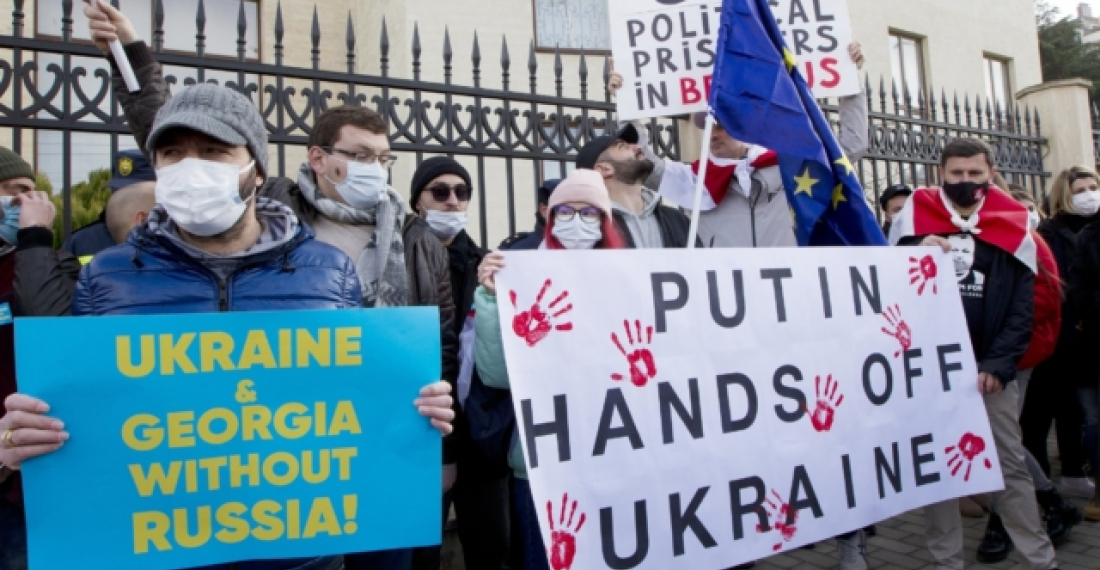A meeting between the US Secretary of State, Antony Blinken and Russian Foreign Minister, Sergei Lavrov, scheduled for tomorrow (Thursday, 24 February) has been cancelled by the American side. It has also been reported that a proposed meeting between President Biden and President Putin is no longer envisaged in the immediate future. Blinken said a meeting now was futile since the US believes that the Russian invasion of Ukraine has already began.
As diplomacy takes the back seat, the crisis on the ground in Ukraine continues to unfold.Intelligence reports suggest that more Russian troops continue to gather on the immediate border with Ukraine. Russia has also indicated that it recognised the two separatist Ukrainian territories of Lugansk and Donetsk within their, constitutional border, which includes large swats of territory controlled by Ukrainian forces. This is likely to lead quickly to serious clashes between Ukrainian and Russian forces, which can easily expand to other parts of Ukraine.
Russia's decision to recognise the two entities has received widespread international condemnation. Packages of sanctions are being imposed on Russian political personalities, banks and state entities. The US has also announced further re-deployment of its forces in Europe as it brings re-enforcements to NATO countries close to Russia.






